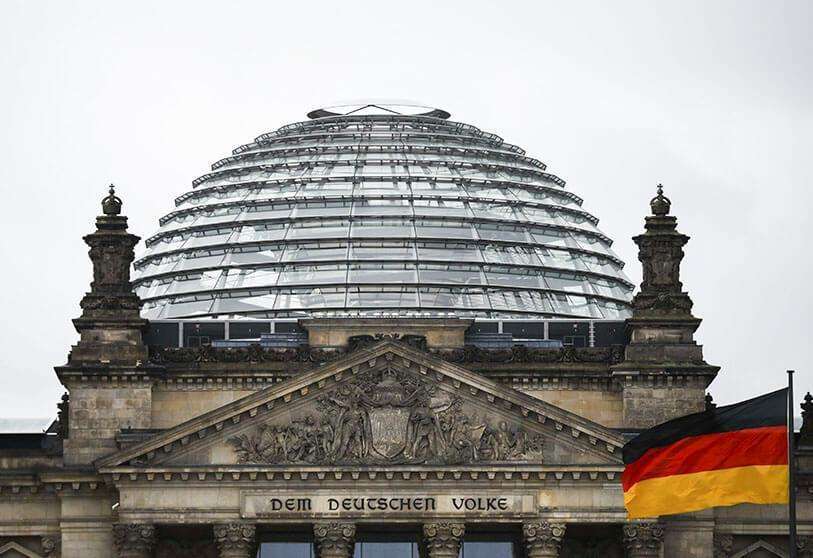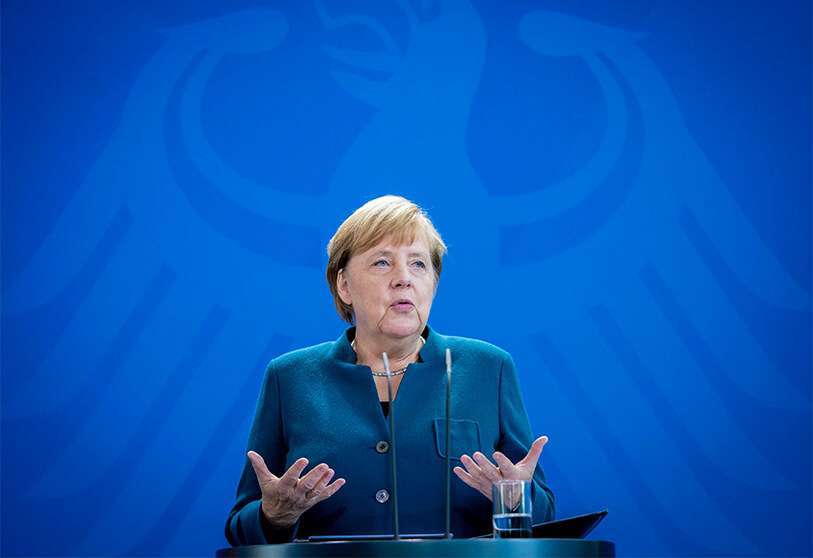Olaf Scholz, new German Chancellor

Almost three months after the federal elections, Germany has a new government made up of the Social Democratic Party (SDP), the Freedom Party (FDP) and the Greens. The "traffic light" coalition of these three parties will be led by Olaf Scholz, the country's new chancellor.
Voting began on Wednesday morning in the Budestag to elect the new German leader after Merkel's 16 years in office. Scholz won 395 of 736 seats in parliament, although his alliance with the Liberals and Greens accounts for 416 seats. The new chancellor will be sworn in after being officially appointed by Frank-Walter Steinmeier, the German president. "We have a chance for a new beginning for Germany," Scholz said at an SDP congress last weekend.

The slogan chosen by the tripartite coalition has been "Dare for more progress", a slogan that is quite reminiscent of former Social Democrat Chancellor Willy Brandt's slogan "Dare for more democracy". Brandt, Chancellor of West Germany from 1969 to 1974, is a key political figure in the country and in the European Union itself. He also received the Nobel Peace Prize in 1971 for normalising relations with the countries of the East, including East Germany.
Within the new 'traffic light' government, the Social Democrats will lead seven ministries, the Greens five and the Liberals four. Robert Habeck, co-chairman of the Greens, will be deputy chancellor and minister for economics and climate, which are key challenges facing Germany's new leader. The SDP presented global warming as "the challenge of the century" in its election manifesto. In this sense, some of Berlin's goals will be the expansion of renewable energies and bringing forward Germany's exit from coal-fired power by 2038.

In addition to modernising national industry in an environmentally friendly way, Germany's ninth chancellor since World War II must also develop measures to deal with the economic situation caused by the coronavirus pandemic. "We are venturing on a new course, one that takes on the major challenges of this decade and beyond," Scholz said recently, according to the Associated Press.
The future chancellor has experience in economic matters. In addition to being deputy chancellor in Merkel's coalition government, he has headed the finance portfolio since 2018. Previously, during the German leader's first coalition government, he headed the Ministry of Labour and Social Affairs. Scholz was also elected mayor of Hamburg in 2011.
Other policies put forward by the new coalition have included legalising the sale of cannabis for recreational purposes, facilitating mechanisms for obtaining German citizenship and raising the minimum wage.

Regarding the pandemic, Scholz will have to deal with the new wave the country is facing. In the last few hours health authorities have reported 36,059 new cases of infection. In November, as the health situation deteriorated, Merkel made vaccination mandatory for all health workers. At that time, the rate of fully vaccinated citizens was 67.7%, one of the lowest figures in Western Europe. In Germany, as in other countries on the continent, demonstrations are being organised against compulsory vaccination and the COVID-19 passport. At least five photojournalists and reporters were assaulted by demonstrators at the latest protests over the weekend.
Angela Merkel's relevance within the European Union is indisputable. During her years in office she emerged as a key figure in Brussels politics. She also focused on promoting and strengthening German foreign policy. Scholz now takes over and will try to maintain Berlin's position within the continent and the international community.

The future German leader has assured continuity in national foreign policy, as well as "defending a strong European Union". He has also pledged to promote transatlantic relations. "Our task will be to seek cooperation in a multilateral world," said Scholz. The chancellor has already expressed his support for Kiev on the current crisis in Ukraine, following in the footsteps of his predecessor.









